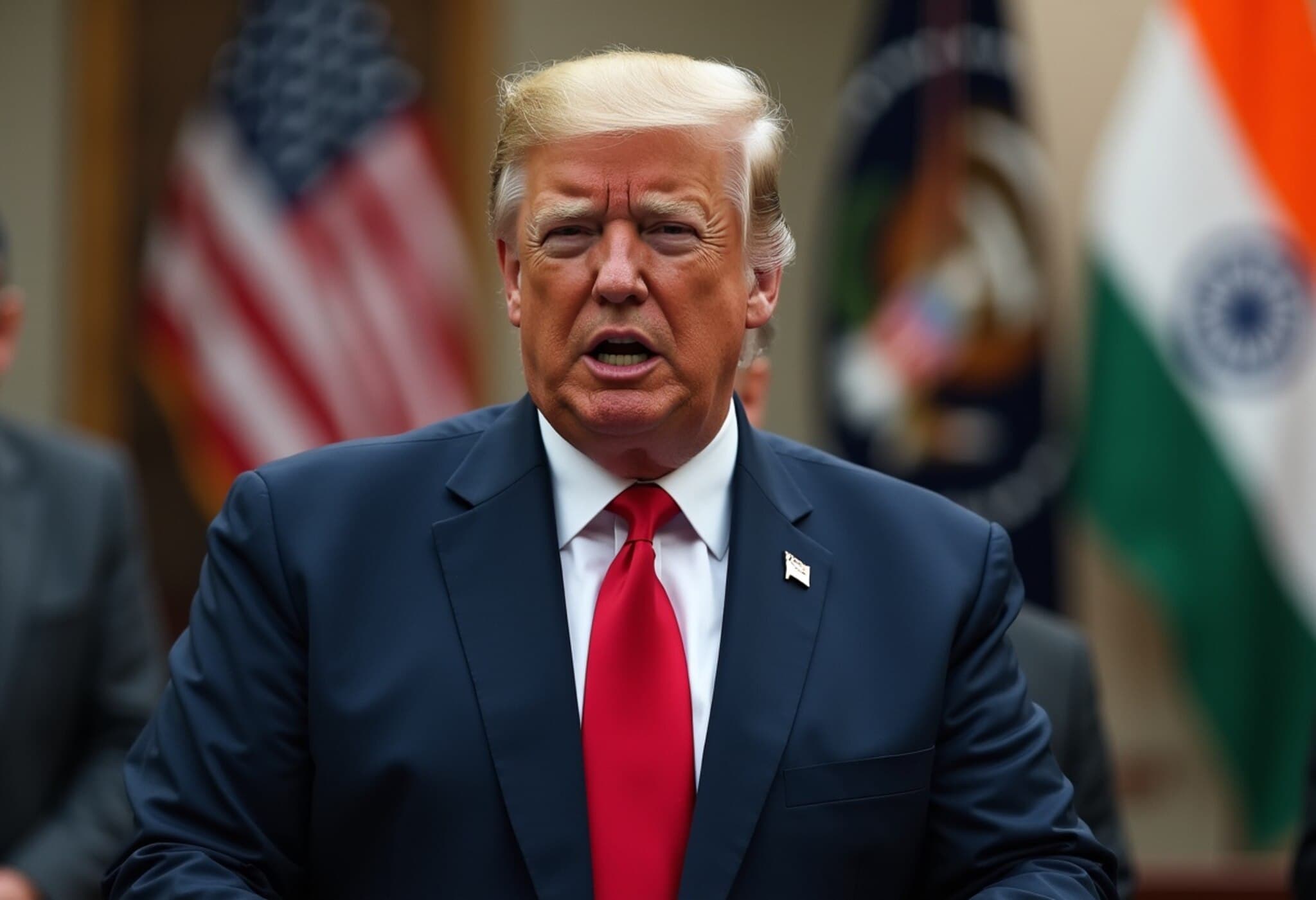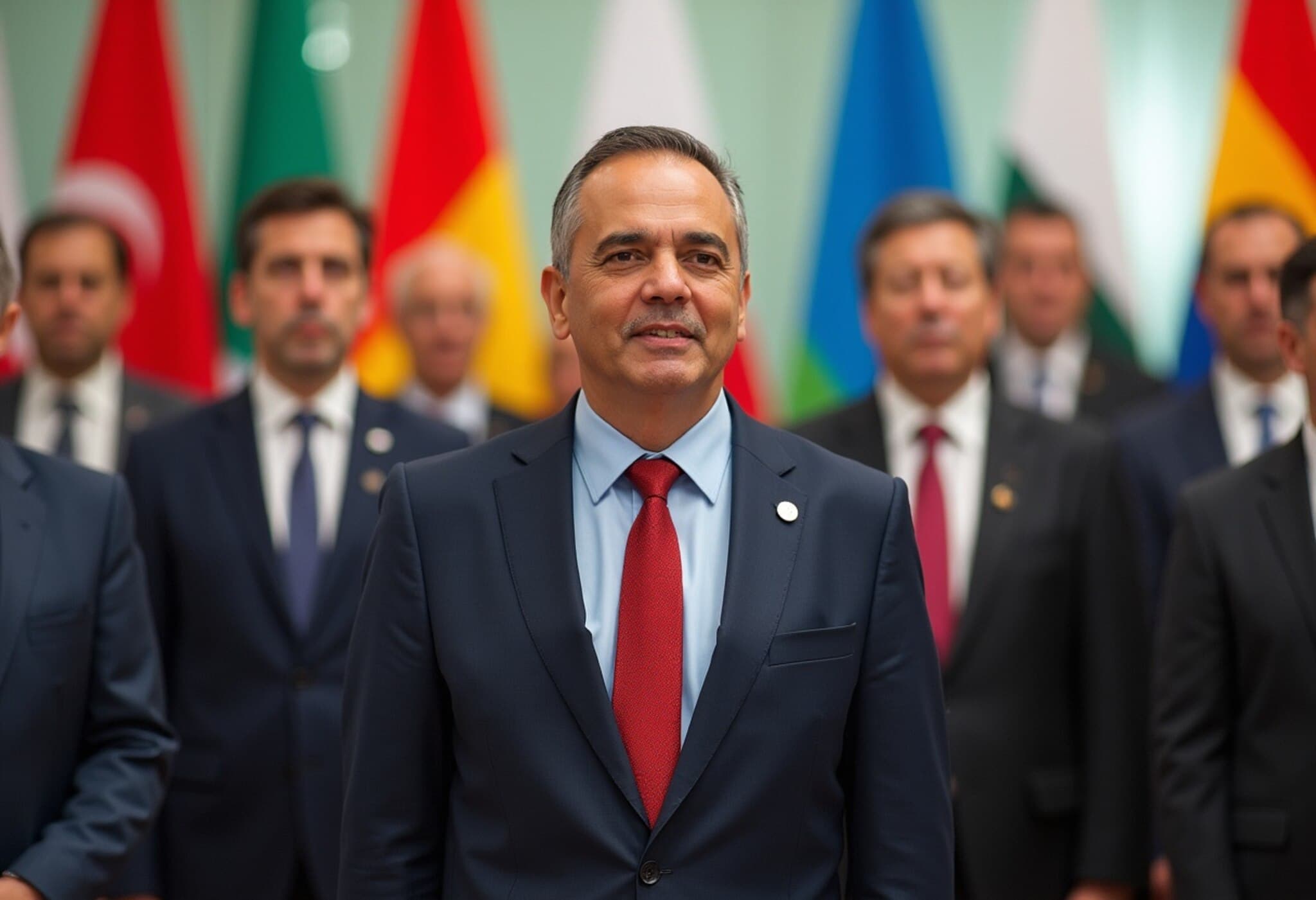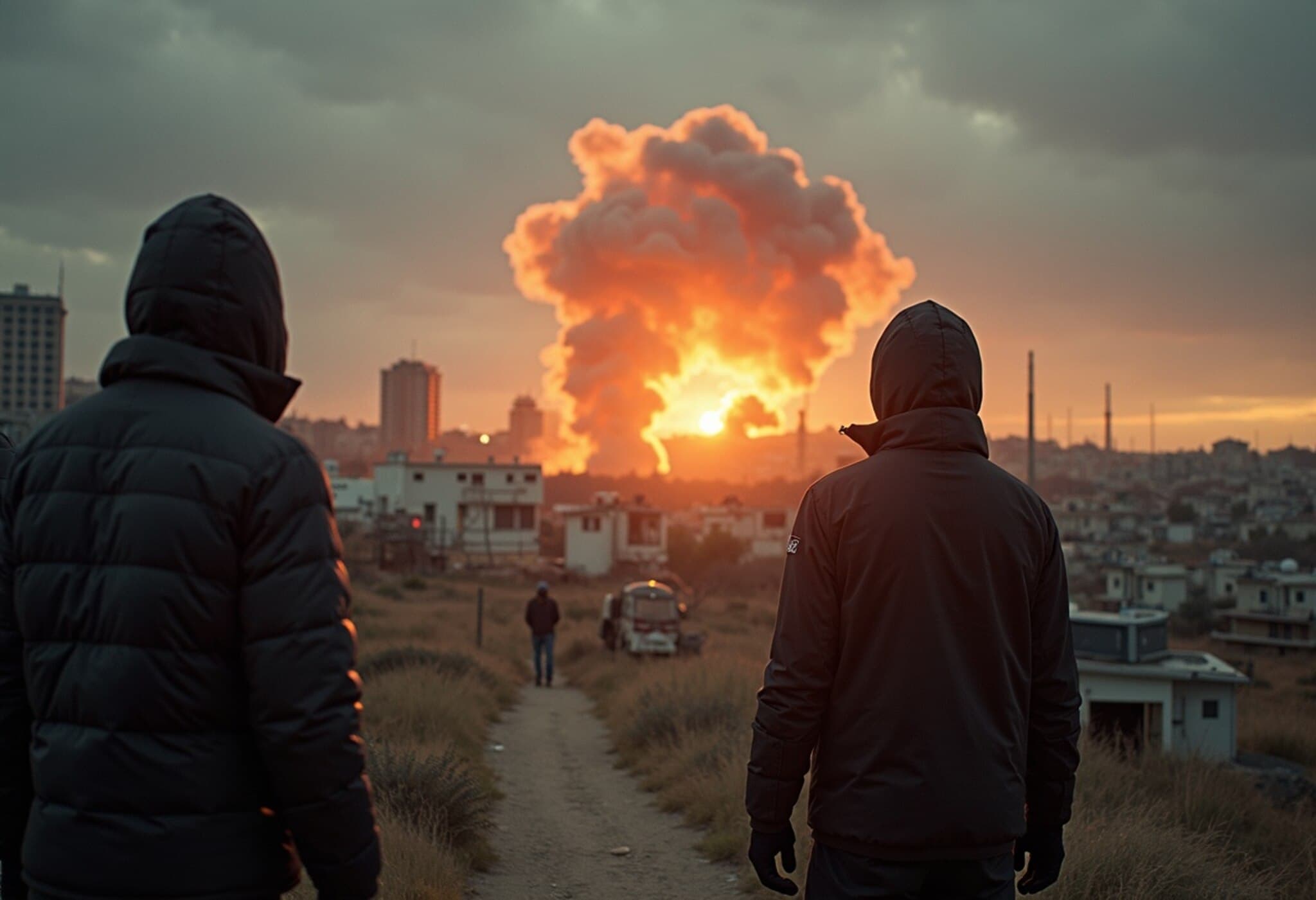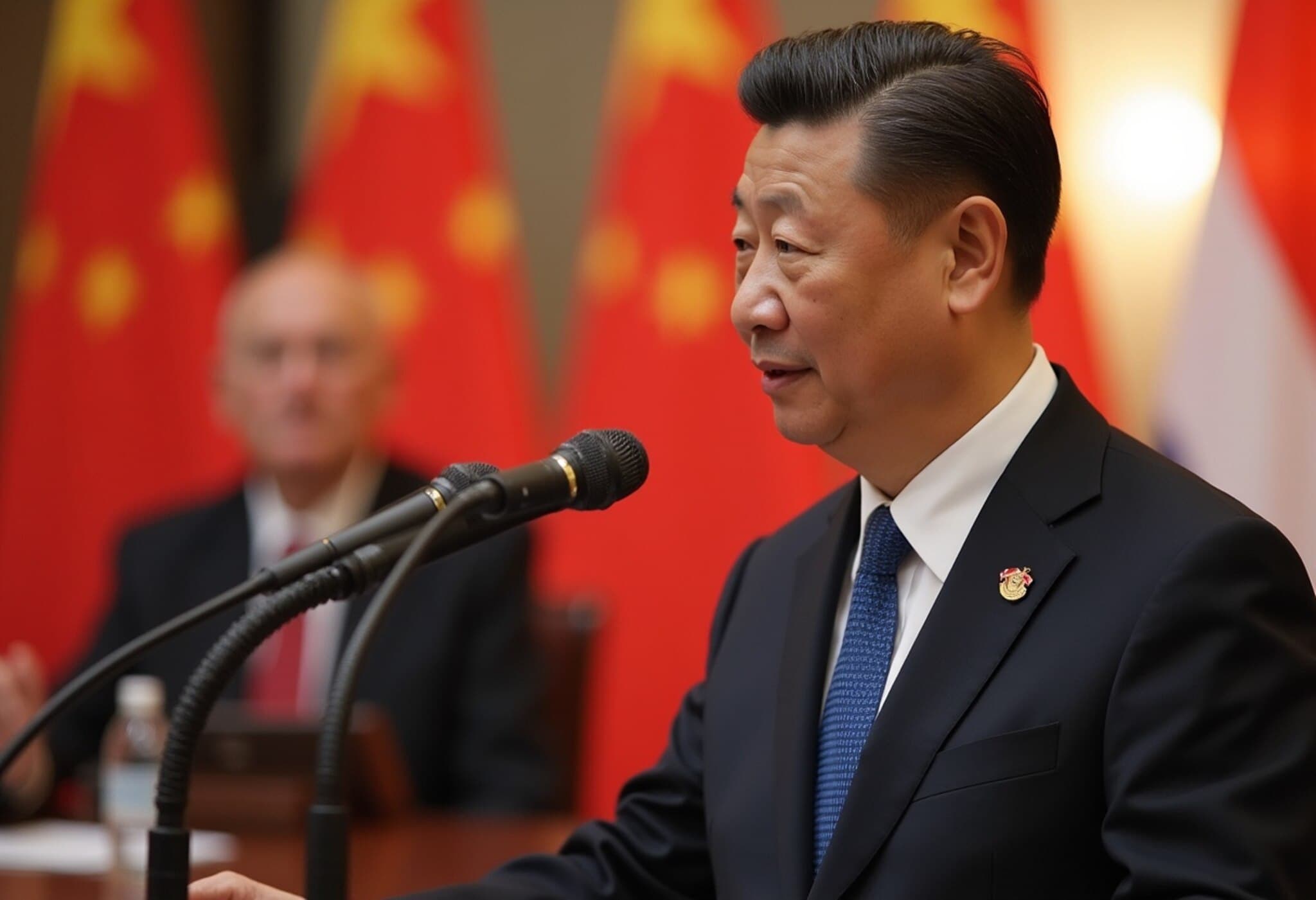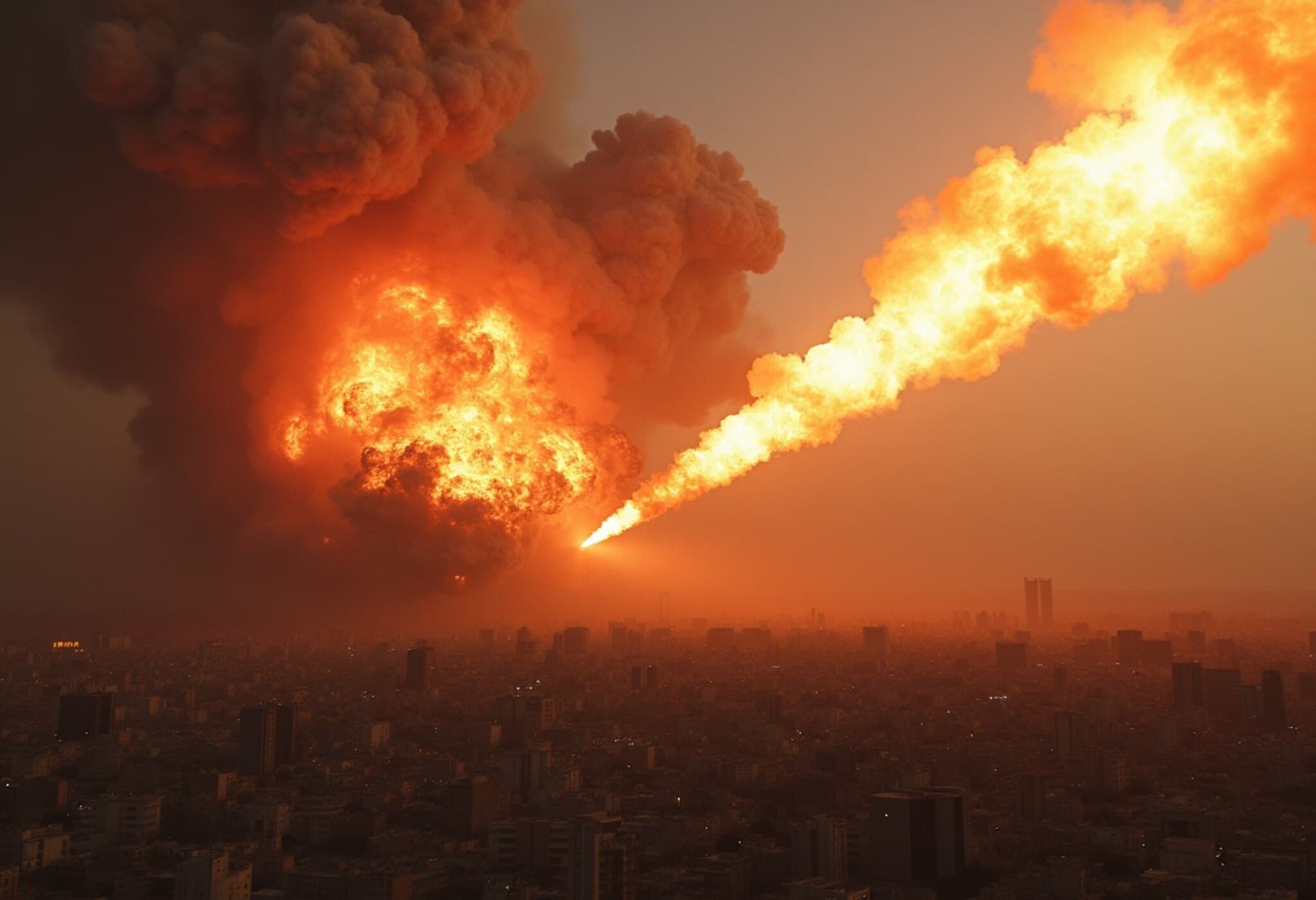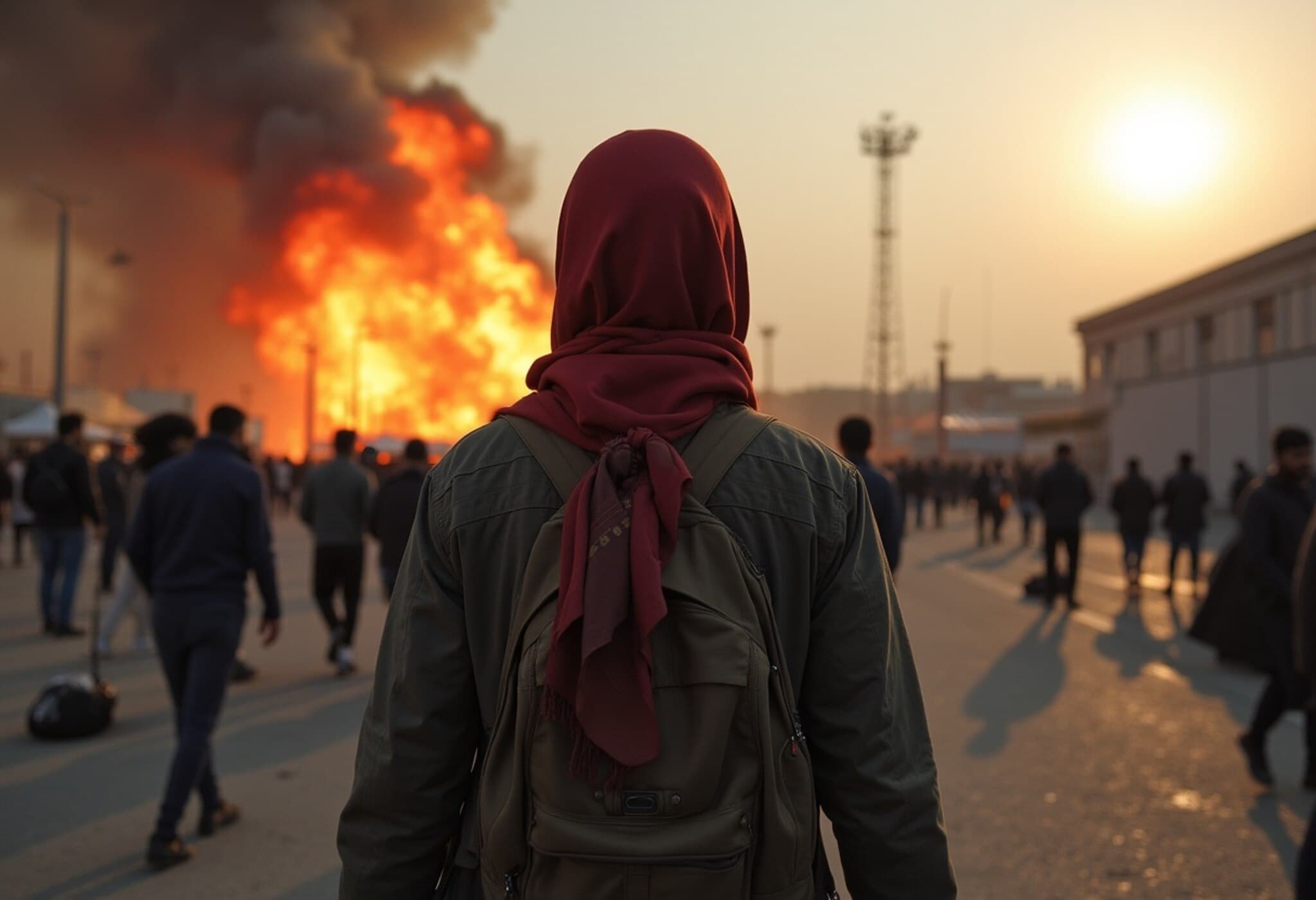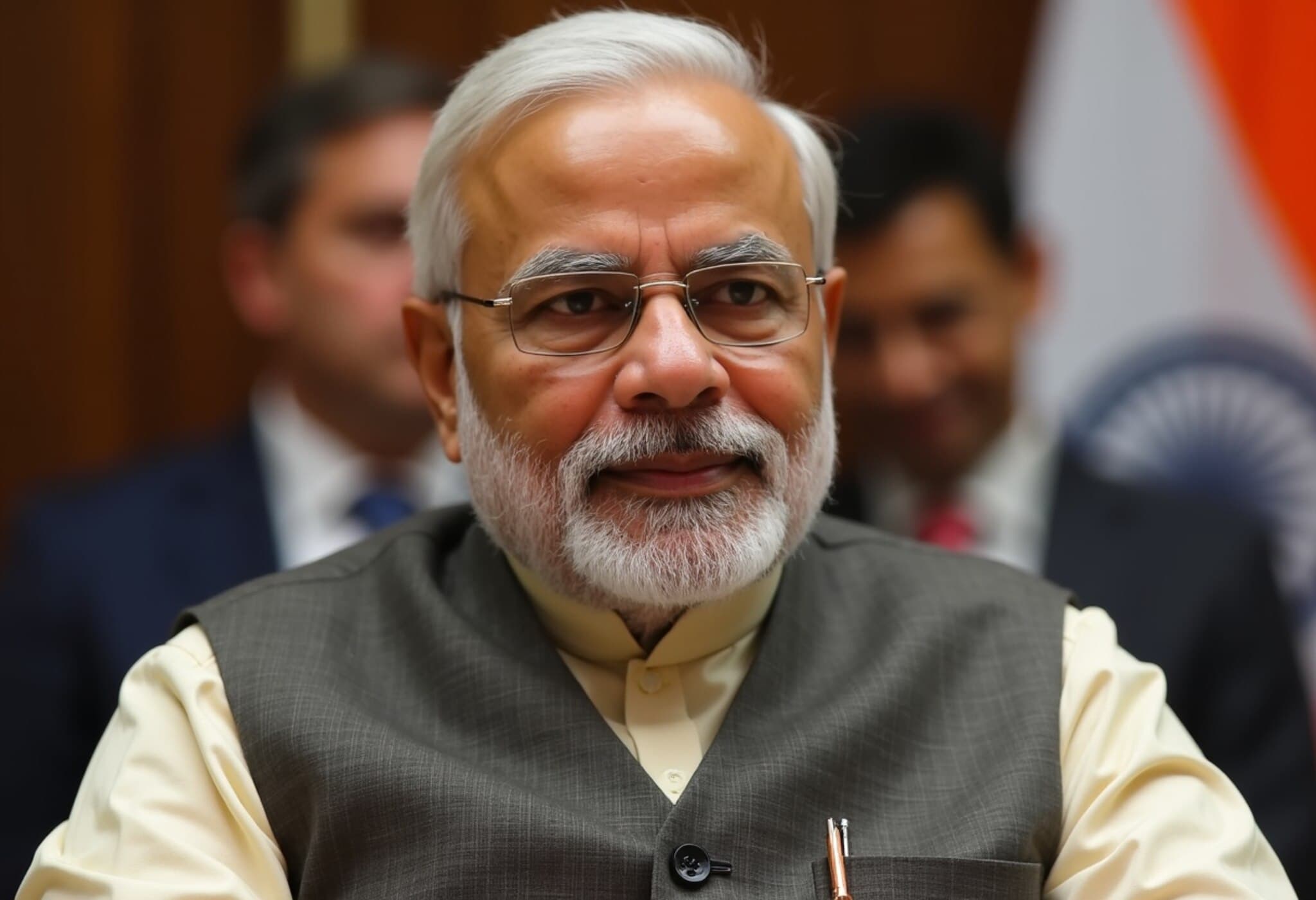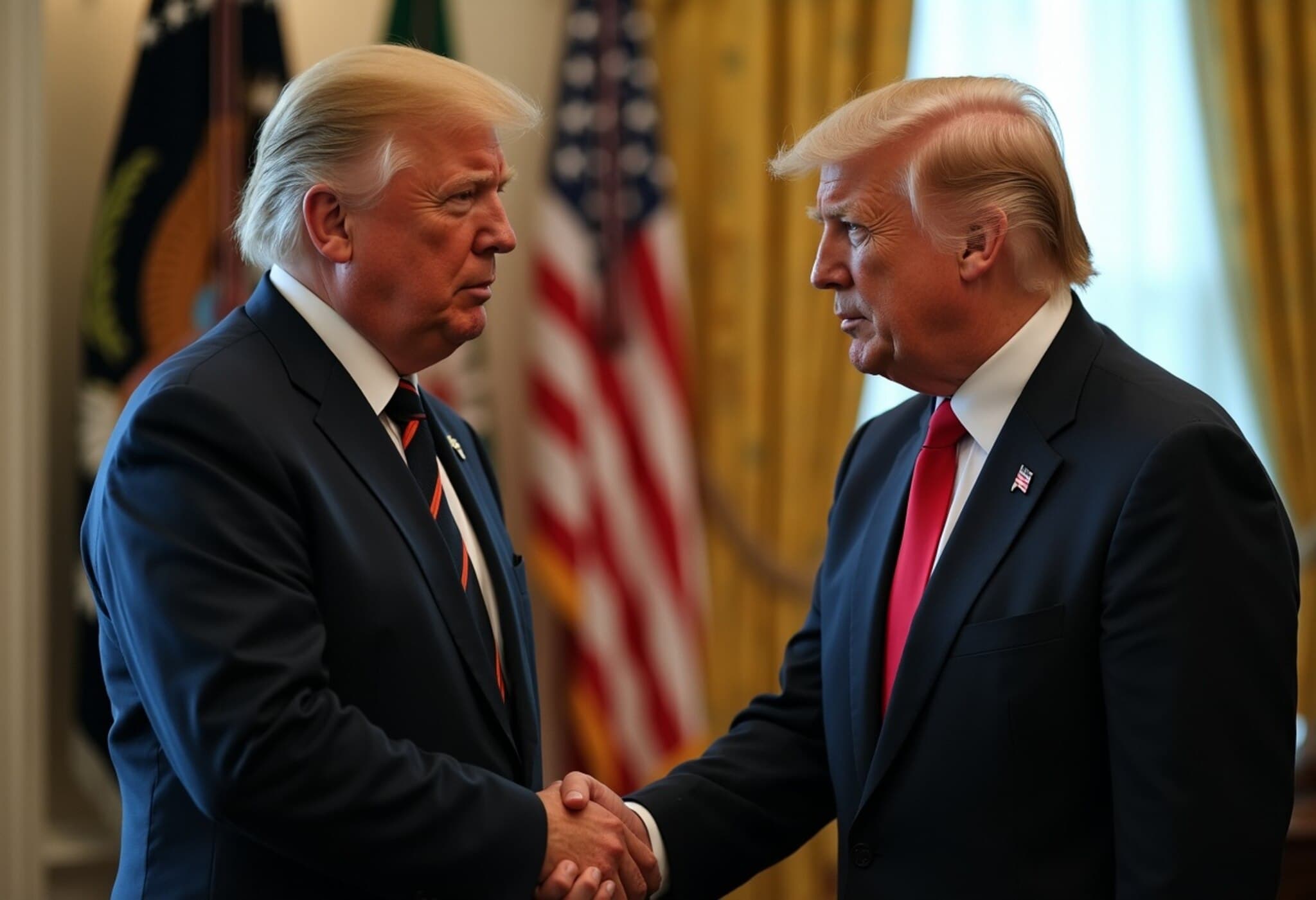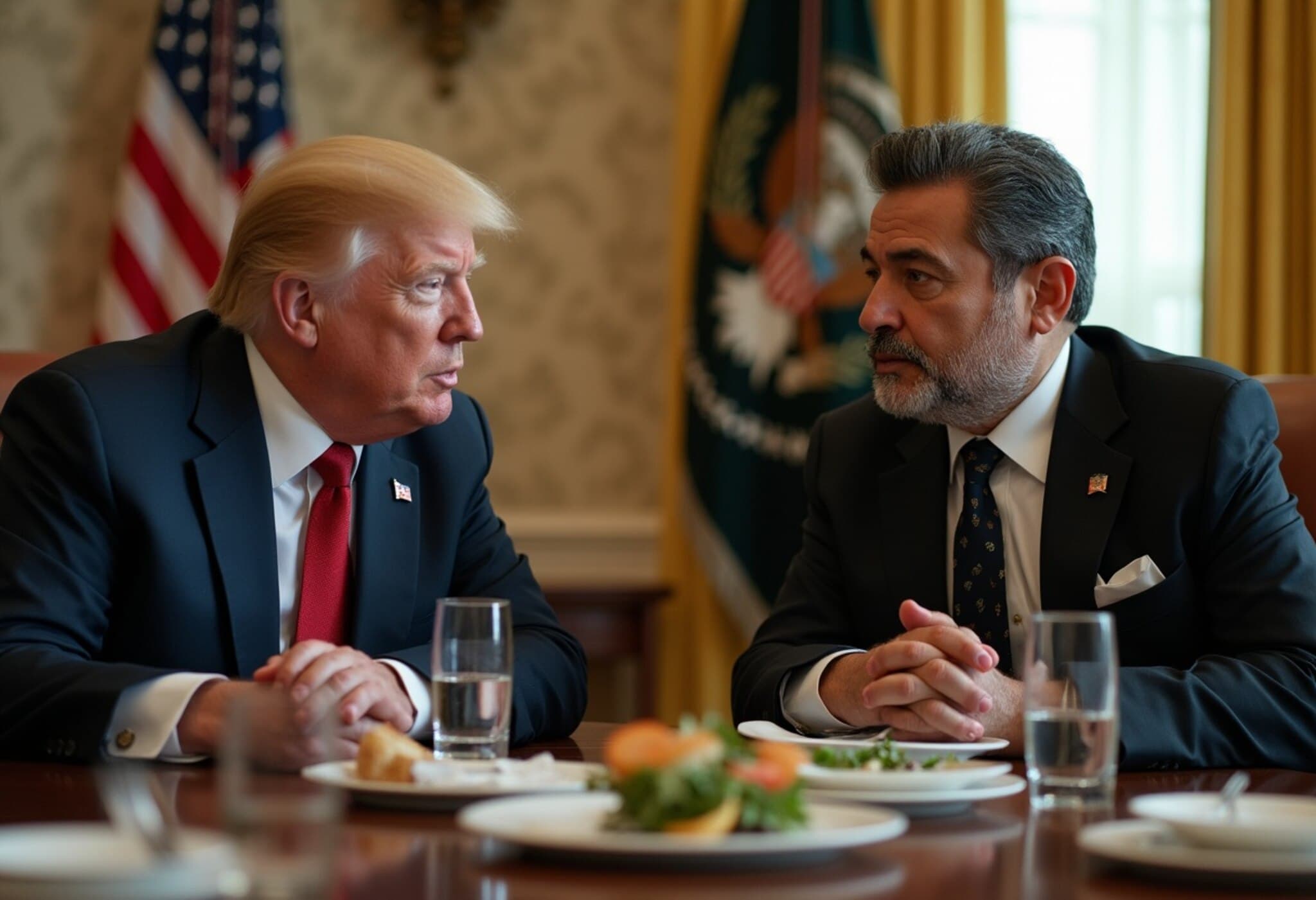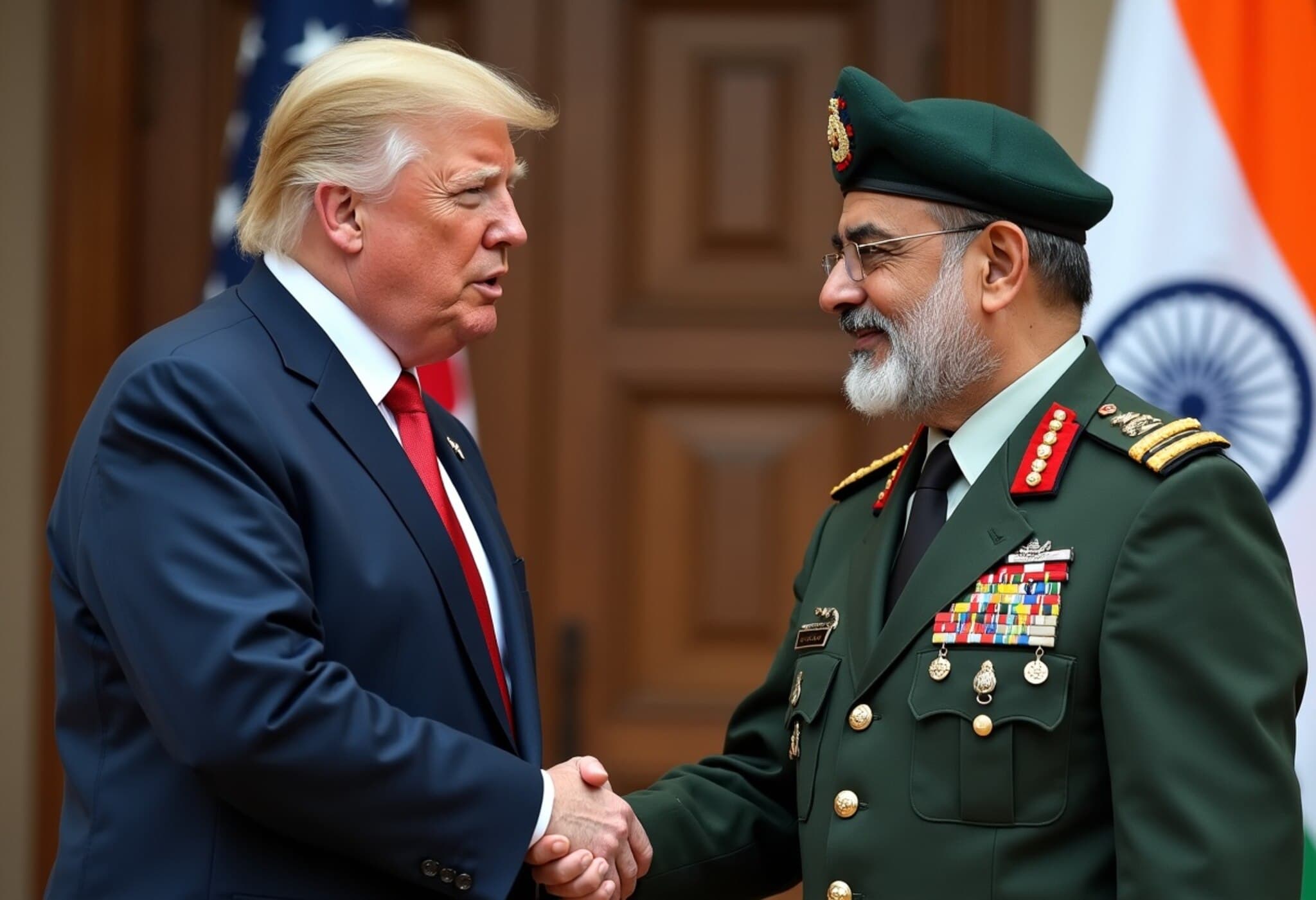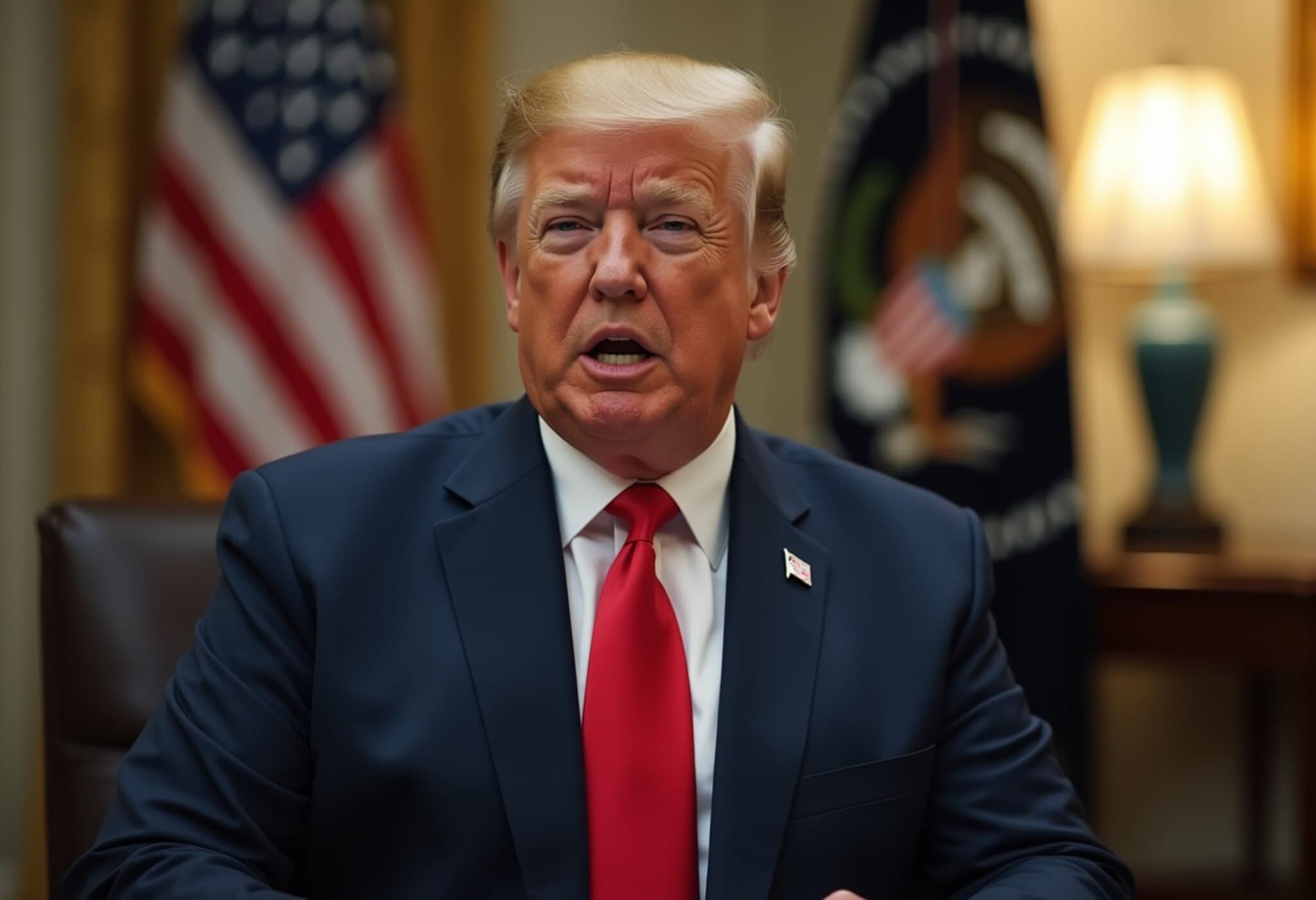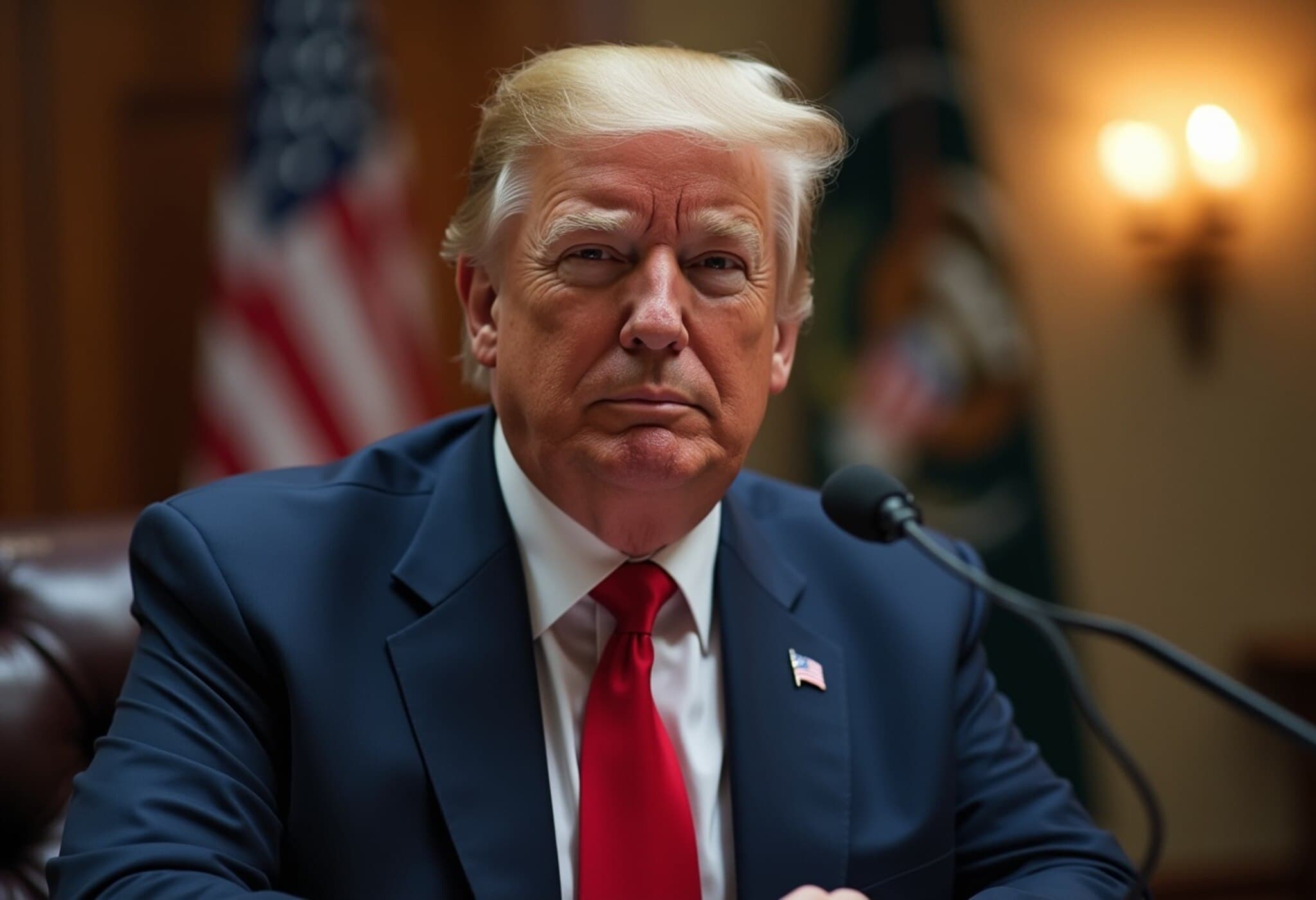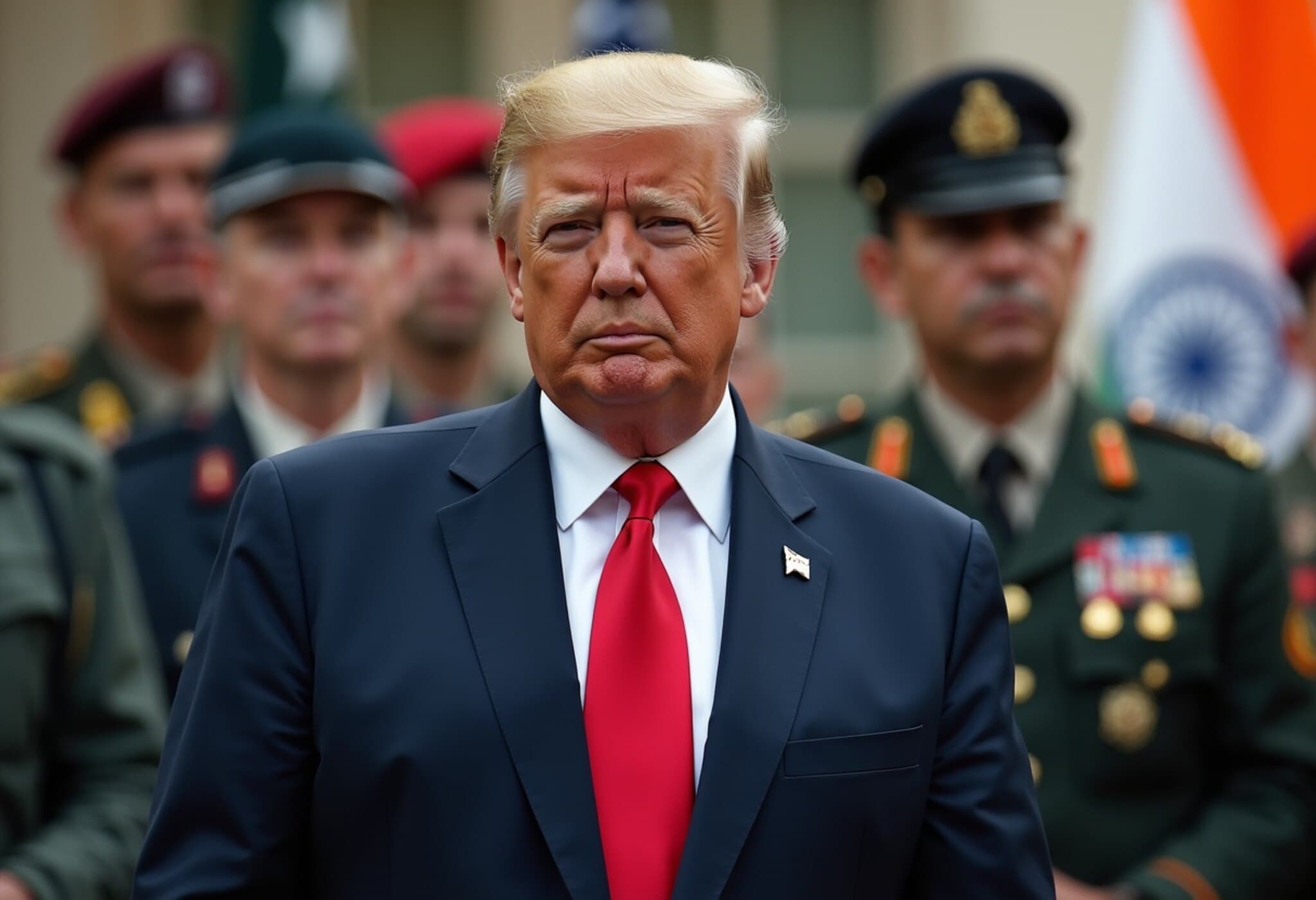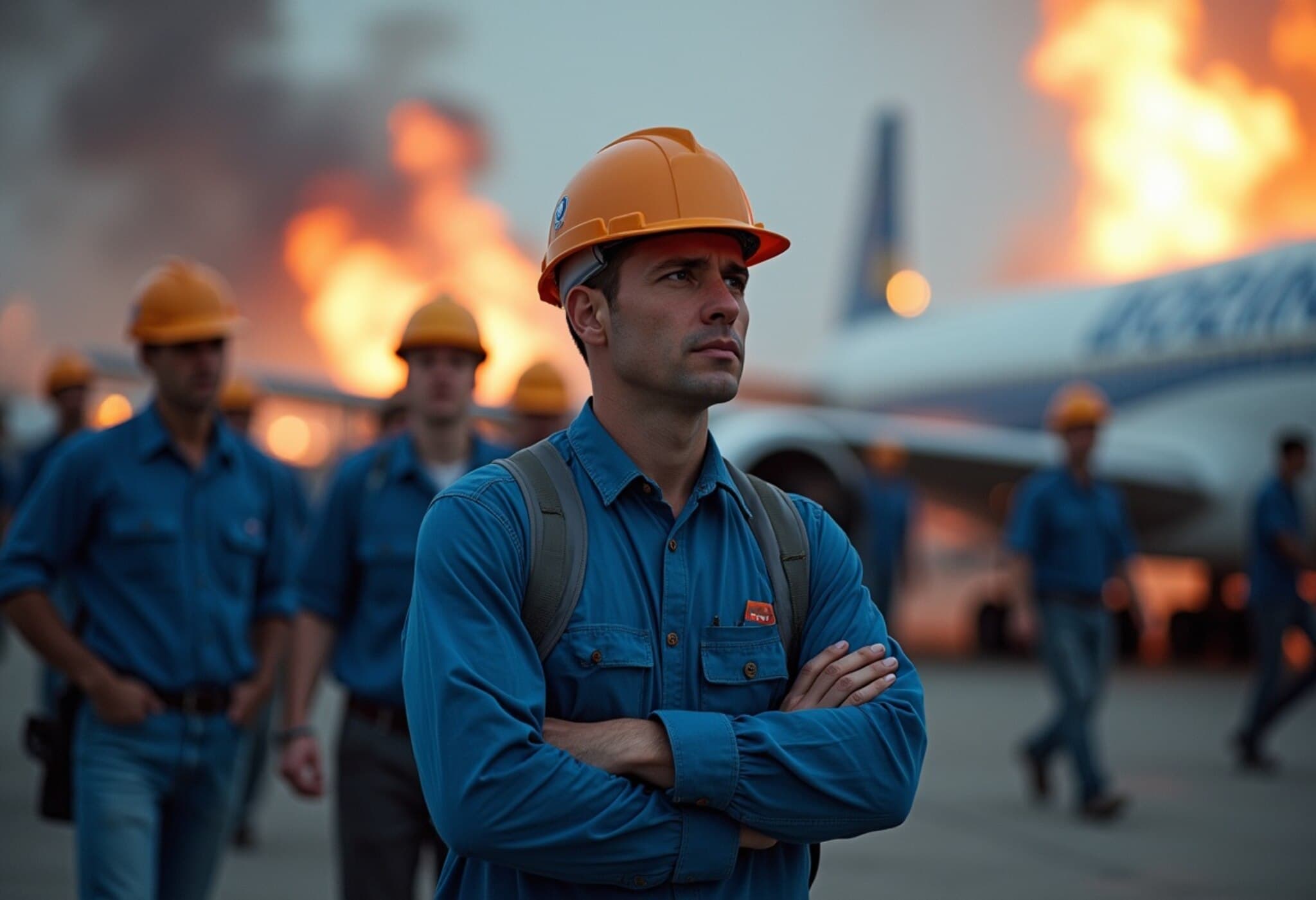Trump Reaffirms His Role in Resolving International Conflicts
Former U.S. President Donald Trump has once again made headlines by claiming credit for ending several long-standing international conflicts, including the recent tensions between India and Pakistan. In a series of posts on his social media platform Truth Social, Trump asserted that he had brokered peace deals between disputing nations and resolved wars that had caused immense human suffering.
The Claim: "Settled Five Wars"
On Sunday, Trump responded to criticism from radio host Charlamagne Tha God by highlighting his purported track record of peacebuilding. "Like just ending 5 Wars, including a 31 year bloodbath between Republic of the Congo and Rwanda, where Seven Million people have died, and there was no end in sight," Trump wrote. He further referenced efforts related to India and Pakistan, Iran’s nuclear capabilities, border security, and economic growth.
The India-Pakistan Connection
Trump’s assertion that he facilitated a ceasefire between India and Pakistan follows a previous claim made in May 2025, when he posted that both countries had agreed to a “full and immediate” ceasefire following U.S.-led negotiations. While these claims have resonated with some supporters, experts and diplomats remain cautious, noting the complex, multifaceted nature of South Asian geopolitics and the deep historical animosities between the two nuclear-armed neighbors.
White House Endorsement and Nobel Prize Calls
Adding momentum to these claims, White House Press Secretary Karoline Leavitt recently advocated for Trump to receive the Nobel Peace Prize. She emphasized his involvement in brokering peace agreements in regions including Thailand and Cambodia, Israel and Iran, Rwanda and the Democratic Republic of the Congo, Serbia and Kosovo, and Egypt and Ethiopia. According to Leavitt, Trump managed to accomplish "one peace deal every month" during his six-month tenure, a remarkable feat if substantiated.
Questions of Credibility and Geopolitical Reality
However, the international community and independent political analysts urge scrutiny. The conflicts cited by Trump and Leavitt are deeply entrenched, with ongoing diplomatic and military challenges that are unlikely to have been fully resolved in such a short period. For example, the India-Pakistan conflict is rooted in decades-long territorial disputes and diverse political tensions. Similarly, the protracted crises in the Congo and Rwanda have involved complex regional dynamics.
Understanding the American and Global Implications
Trump’s reiteration of these claims also intersects with shifting perceptions of American foreign policy, particularly in South Asia. His presidency has, at times, been met with skepticism within Indian strategic circles, where some view his approach as unpredictable or inconsistent. Critics argue that broad claims of conflict resolution without transparent diplomatic evidence can undermine trust and obscure the realities on the ground.
Moreover, in a world challenged by persistent violence and diplomatic stalemates, the proposition of rapid peace wins invites a broader conversation: How do we measure the success of peace initiatives? Is public diplomacy alone sufficient, or does lasting peace demand sustained, multilayered engagement?
Key Takeaways
- Donald Trump claims to have ended five major wars, including India-Pakistan hostilities.
- White House Press Secretary supports awarding Trump the Nobel Peace Prize for his peace efforts.
- Experts caution that such conflicts are complex and unlikely resolved via short-term diplomacy.
- Trump's assertions highlight ongoing debates over American influence and credibility in global diplomacy.
Editor’s Note
While peace is an aspiration shared by all, skepticism remains warranted when political figures claim sweeping diplomatic victories without comprehensive evidence. Trump's statements invite a necessary discussion about the nature of conflict resolution and the benchmarks for genuine peace in geopolitically sensitive regions like South Asia. For readers and policymakers alike, a critical eye is vital to distinguish political messaging from diplomatic reality, ensuring that hope for peace is grounded in actionable progress, not mere rhetoric.

